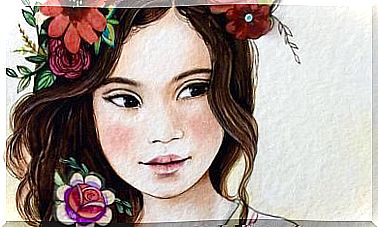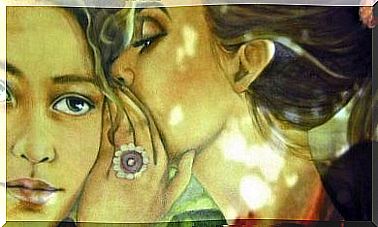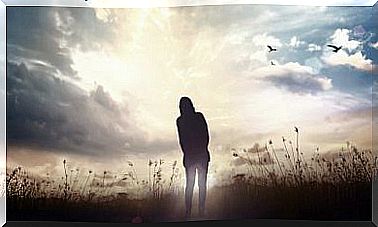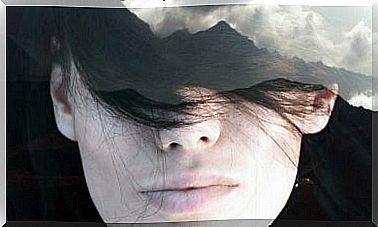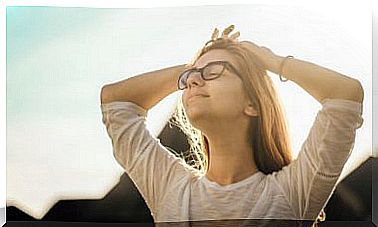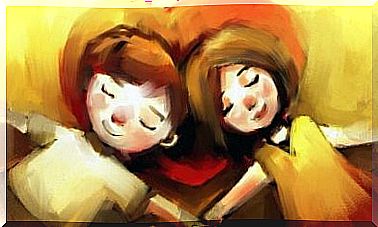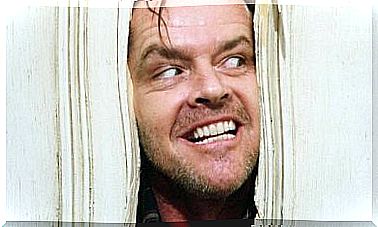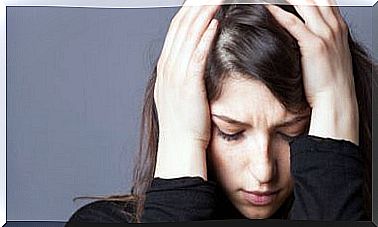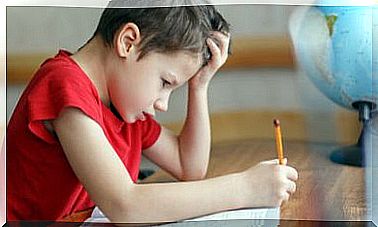Minimalism: Get Rid Of What You Have Left Over To Make Room In Your Mind
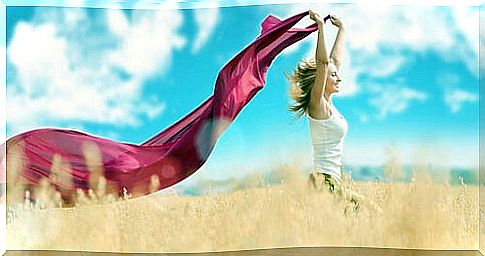
Before talking about minimalism, look around you and count the objects you see. .. Do you feel that there are many things accumulated? More than you need? Are you one of those who carry a huge bag that you haven’t seen the bottom of for a long time? Do you have clothes that you haven’t worn in years? Kitchen utensils you’ve only used once?
We live in a world in which it is normal for us to accumulate more objects than we need, whether they are office supplies, clothes, shoes, makeup, tools …
These belongings occupy physical space in our homes, overflowing closets, drawers, chests, shoe racks … But the worst thing is that they also occupy our mental space and our time, since we must classify, organize or clean them.
Have you ever thought about enjoying the simple things in life? That is, live with what is necessary and get rid of what is unnecessary. Don’t you know that what you own will end up owning you?
There is an anecdote by A. Schopenhauer who said that when he walked through his city, through the shopping area, he would look at the shop window and, after taking a look at everything, he would say: “how many things I don’t need”.
Well, there is a philosophy of life that can help you see and manage this accumulation in a different way. It’s about minimalism. And minimalism is not about having less, but about making room for what really matters.
What is minimalism?
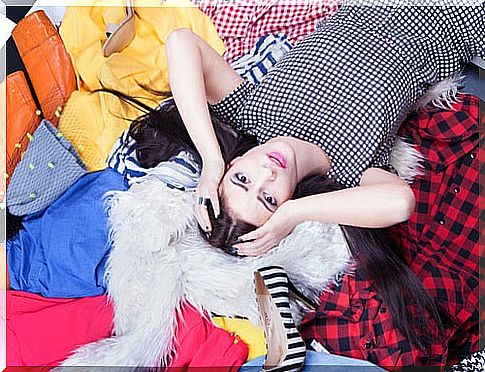
Minimalism is a philosophy of life that proposes to reduce as much as possible the number of material objects that we possess. The idea is to live with the minimum necessary, which for each person, with their circumstances, will be different: having less things to have more physical and mental space.
As we reflect on why we store items that we do not use, we will realize that there are emotional reasons, in addition to the typical “if I ever need it”. Articles of clothing, gifts, letters, etc., which we do not get rid of because they remind us of past times, as if memories were kept in material objects.
Minimalism is an exercise that helps us detach ourselves from material things, realizing that memories live in us, not in objects.
How to put minimalism into practice
The ideal is to start small, divide the objects by areas and evaluate what you really need, which objects you are not sure you need and which you are clear that you can get rid of.
- In the kitchen: What kitchen utensils have I not used for over a year ? Do I really use all the spices I have?
- In the closet: What clothes or shoes am I no longer worth or have I not worn for over a year?
- At the office: Do I have notebooks, old diaries or notes from years ago? Are there “tailor’s” drawers that I hardly ever open?
In addition, there are some challenges that can help us put minimalism into practice:
Project 333
Project 333 encourages us to choose 33 items of clothing and spend a season with just those items. You don’t need to throw away the rest, just discard them.
This way we will realize how little we can wear. And not only that, but also how much time we save choosing what to wear when there is not so much to choose from.
Minimalist competition
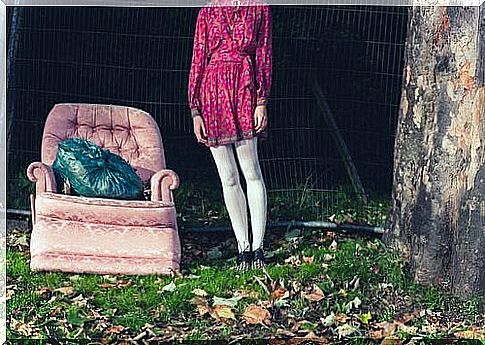
Another challenge is to agree with someone who is in the same process as you to do a kind of minimalist competition. On the first day of the month, both of you will have to get rid of a belonging; the second, of two; the third, three … and so on until the thirtieth.
Whoever is able to hold out the longest wins. Once you have your set of expendable items, many can be donated or sold to second-hand stores.
Benefits of minimalism
Minimalism not only helps to keep the house organized and free of “clutter”. It has many other advantages:
- We save time by not having to carry out large wardrobe changes, cleaning dishes that we do not use, etc. Also when deciding what to wear.
- We learn to detach ourselves from material objects and that true memories live with us.
- It opens us to the future, by eliminating the attachment we have on the objects of the past.
- It makes us freer: we have fewer burdens when moving or traveling, which makes it easier.
- It makes us more aware of what we consume, with the consequent savings, for us and the environment.
- And, above all, it helps us to become aware that what is truly important is almost never material.
If you have ever been overwhelmed by what you accumulate, it has been difficult for you to find something or you have felt that you waste a lot of time organizing or cleaning your belongings, I encourage you to try to introduce yourself in this philosophy of life. Minimalism is a direct path to peace of mind
